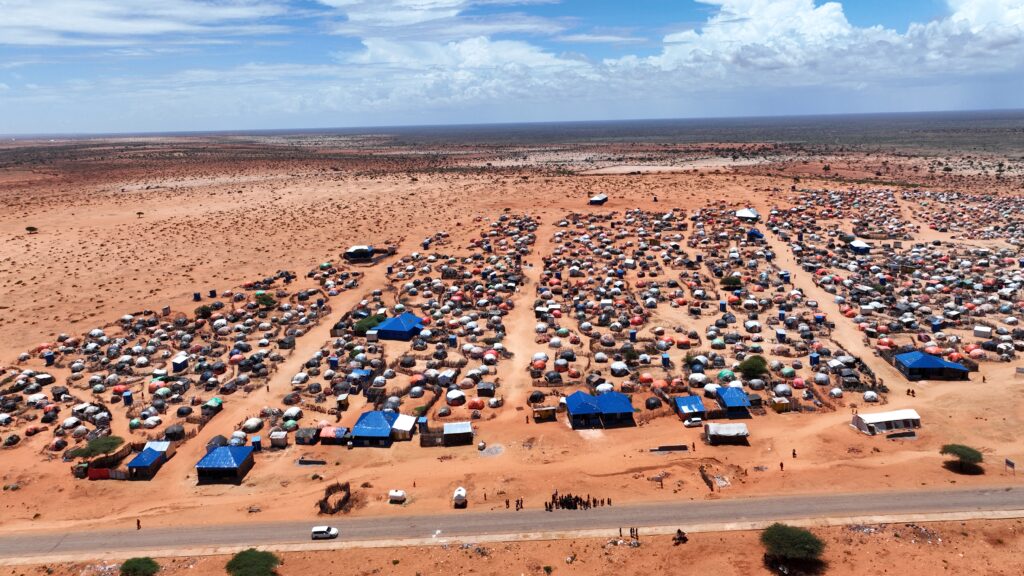
- Project Name: End of Project Evaluation and Video Documentation of the Urban Food Security Project (UFSP), Kismayo – Somalia
- Project Partner: GIZ & Indeson
Part One – Endline Evaluation of UFSP:
- A comprehensive assessment was conducted to evaluate the project’s results and impact in the four project locations (Midnimo, Madina, Gobweyn, and Luglow area) against the baseline indicators.
- Collaboration with project management took place to clarify and define the implications of each result indicator. This was based on a thorough analysis of relevant project documents and a deep understanding of the project strategy.
- All relevant outcome and output indicators outlined in the results matrix and the monitoring and evaluation plan were quantified.
- The endline survey was designed, taking into consideration the project results matrix and the outcome of secondary data assessment. This involved creating data collection methodologies, determining target groups, and setting sample sizes.
- Necessary secondary data relevant to result indicators were collected and analyzed. Data gaps requiring primary data collection were identified.
- Information was gathered according to the survey design, ensuring data reliability through triangulation and sourcing from various channels.
- The collected information was analyzed, providing both qualitative and quantitative insights for each result indicator.
- The findings were presented and discussed with political partners, implementing partners, target groups, and project management. Any discrepancies or incongruences that arose were addressed.
- The endline report was drafted, incorporating feedback and clarifications from discussions with stakeholders.
Part Two – Documentation of UFSP’s Impact:
- Video footage, high-resolution photos, and at least six stories were prepared to showcase the project’s impact. This included aerial views of the four project locations.
- The brochure and fact sheets were updated to highlight key lessons learned, best practices, and project achievements based on the endline evaluation.
- A comprehensive 25-minute video was produced, capturing the achievements under the three output areas. The video was tailored for a wide audience, including the public, policymakers, and the GIZ global community.
- A 3-to-5-minute video was created, focusing on the most successful startup businesses initiated or supported by the project.
- A 3-to-5-minute video was developed, showcasing the most successful kitchen gardens, open farms, or greenhouses.
- A 3–5-minute video was designed to highlight the impact of the rehabilitated roads. The video showcased the transformation with before and after shots, including aerial views.
- The growth and impact of JUWA were documented in two 3–5-minute videos – one from GIZ’s perspective and another from the Ministry of Water’s viewpoint.
- A picture book was compiled, capturing the project’s activities throughout its lifetime.